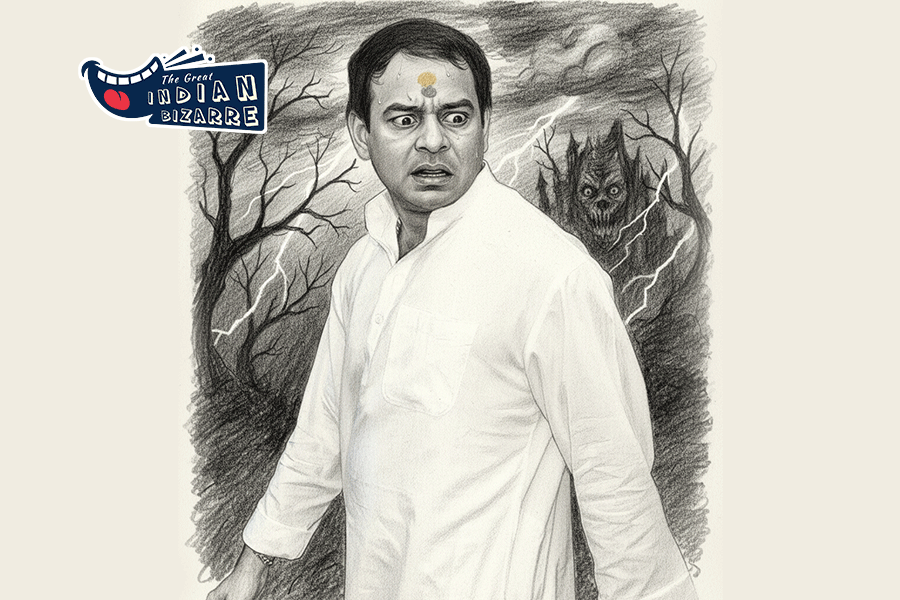 |
| Health minister Ashwini Kumar Choubey inaugurates the function at Patna Medical College and Hospital on Thursday. Picture by Deepak Kumar |
Patna, April 7: To combat anti-microbial resistance, it is necessary to use antibiotics rationally, said doctors and experts at a medical education programme on the theme “Combat drug resistance” for World Health Day. The meet was organised by Patna Medical College and Hospital (PMCH) today.
Doctors said the World Health Organisation has selected “Combat anti-microbial resistance: no action today, no cure tomorrow” as the theme for this year’s World Health Day.
“The emergence of anti-microbial resistance is a complex problem. It needs to be urgently and aggressively addressed through a comprehensive response across sectors, within and across nations,” said Dr Ranjana, associate professor, department of pharmacology, PMCH, during her presentation on audit and surveillance of anti-microbial use.
She also said the discovery of antibiotics and other anti-microbial medicines are responsible for some of the most important advances in healthcare.
“Before these drugs were introduced in the 1940s, infectious diseases killed tens of millions of people every year. These medicines helped bring down the infectious diseases,” she said.
“Initial gains were primarily in higher-income countries and among wealthier populations in poor countries. But over the past two decades, new public health strategies and financing mechanisms have enabled poor people to access medicines that combat major killers, including tuberculosis, HIV, malaria, pneumonia and diarrhoea. Private sales of medicines for human and animal use have also expanded,” said Dr Ashok Kumar of anaesthesiology department.
Dr Ashok added: “The gains have been profound, yet we now risk losing many of these precious medicines as drug-resistant organisms emerge. Anti-microbial resistance is a natural phenomenon but it is exacerbated by the widespread use, overuse and misuse of medicines, and the spread of resistant infections in healthcare and agriculture. Trade, travel and migration are increasing the spread of these organisms across communities and borders.”
Doctors said some of the medicines that saved our parents and grandparents are already unusable today. Drug resistance imposes huge costs on health systems and is taking a growing toll on lives, threatening to roll back much of the progress we have made towards the health-related millennium development goals. It could also undermine the gains of other modern medicines and technologies used to fight non-communicable diseases, experts added.
Dr Hemant Shukla of WHO said the organisation is calling for action to raise the accountability and halt the spread of drug resistance through a six-point policy package that will include joint planning; surveillance, drug regulation, rational use of medicines, infection prevention and control, innovation and research.











